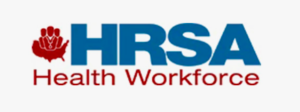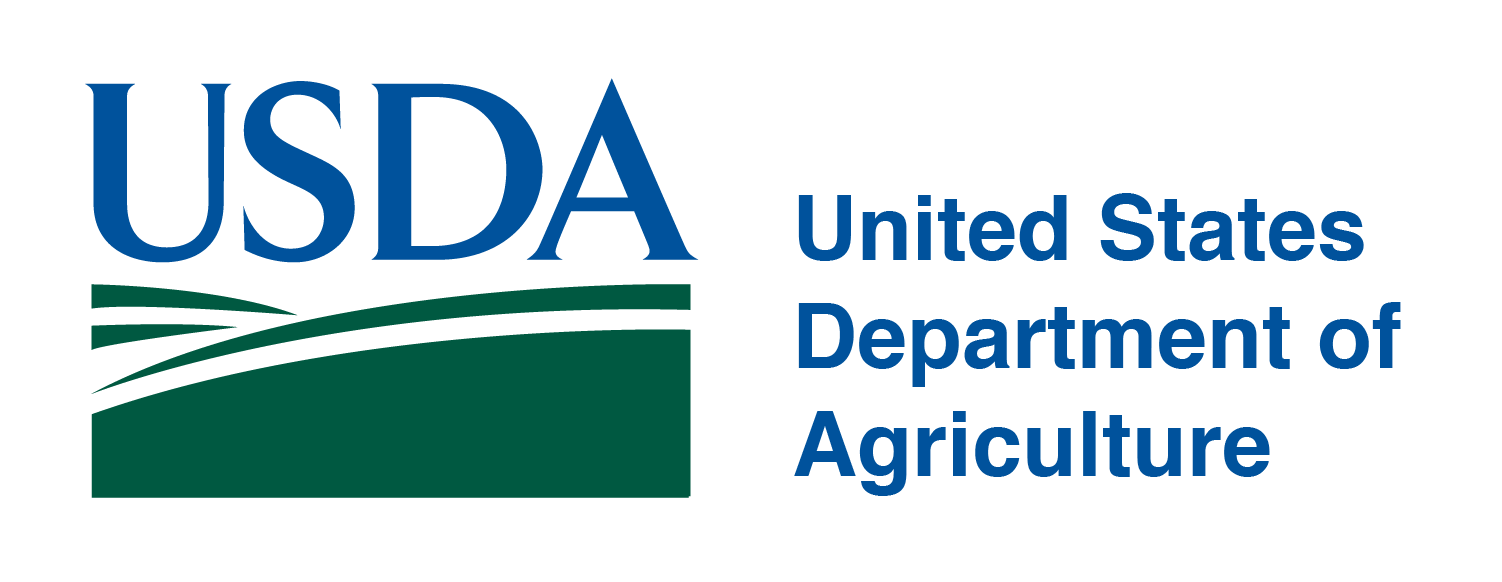 Each program director of active HRSA grants has received an invitation to take our new and improved Grantee Satisfaction Survey. With the highest possible response rate through June 10, we can pinpoint crucial areas for action. For general questions about the survey, contact HRSAGranteeSurvey@hrsa.gov
Each program director of active HRSA grants has received an invitation to take our new and improved Grantee Satisfaction Survey. With the highest possible response rate through June 10, we can pinpoint crucial areas for action. For general questions about the survey, contact HRSAGranteeSurvey@hrsa.gov
Analyzing the Latest Alcohol Death Data and Change Over the Last Decade

The health policy nonprofit, KFF, used data from CDC WONDER to examine trends in death caused by alcohol from 2012-2022. The report finds that deaths were highest among people aged 45 to 64, males, people living in rural areas, and American Indian/Alaska native people. Rural areas experienced faster growth in alcohol deaths, driven by sharp rises during the pandemic.
Using Mobile Health to Reduce Disparities in Black Maternal Health: Perspectives from Black Rural Postpartum Mothers
 In a study funded by the Morehouse School of Medicine, researchers interviewed Black mothers, their support persons, and health care providers in rural Georgia to learn about their post-birth experiences. Major discussion themes included: accessibility to health care and resources due to rurality, issues around race and perceived racism, mental health and emotional well-being in the postpartum period.
In a study funded by the Morehouse School of Medicine, researchers interviewed Black mothers, their support persons, and health care providers in rural Georgia to learn about their post-birth experiences. Major discussion themes included: accessibility to health care and resources due to rurality, issues around race and perceived racism, mental health and emotional well-being in the postpartum period.
HRSA Substance Use Disorder Treatment and Recovery Loan Repayment Program Launches

– June 27. HRSA’s Bureau of Health Workforce provides up to $250,000 in loan repayment for behavioral health clinicians, support workers, and clinical support staff trained in substance use disorders. According to data from the Rural Health Research Gateway, “as of March 31, 2023, there were 4,040 Mental Health Professional Shortage Areas in rural areas, with 2,141 practitioners needed to remove the designations.”
CMS Announces 2024 CMS Health Equity Award Recipients

The Centers for Medicare & Medicaid Services (CMS) is proud to announce the recipients of the 2024 CMS Health Equity Award. The CMS Health Equity Award is awarded to organizations working towards advancing health equity by reducing disparities in health care access, quality, and outcomes.
The CMS Health Equity Awardees at the CMS Health Equity Conference on May 30, 2024.
The 2024 CMS Health Equity Award Recipients are:
Latino Connection, Harrisburg, PA, Community-Accessible Testing & Education (CATE) Initiative (provided by Latino Connection)
In 2014, George Fernandez founded a community-based organization, Latino Connection, in the heart of Pennsylvania to create and activate programming in low-income communities to address every aspect of the social determinants of health. Their Community-Accessible Testing & Education (CATE) initiative was launched in response to the COVID-19 pandemic with the aim of addressing disparities in access to essential resources and education among underserved communities. With Latino Connection being the first Latino and LGBTQ+ organization to launch such a program, CATE represents a groundbreaking effort to provide critical support to populations disproportionately affected by the pandemic, including minorities, low-income individuals, LGBTQ+ communities, and those residing in urban areas.
CATE has successfully reached thousands of Pennsylvanians with lifesaving resources and education. Between 2020 and 2022, nearly 9,000 COVID-19 tests and over 17,000 vaccinations were administered across the state, particularly in vulnerable and underserved communities who may not have had access otherwise. CATE also provided 500 flu shots and 10,000 PPE kits, resources, and education in both English and Spanish to the more than 37,000 people that attended all their community events combined. Latino Connection’s CATE initiative exemplifies the transformative power of community-driven interventions in addressing health disparities.
By prioritizing inclusivity, accessibility, and collaboration, CATE has not only provided critical support during the COVID-19 pandemic but has also laid the groundwork for long-term improvements in health equity across Pennsylvania.
Augusta Health, Shenandoah Valley, VA, Primary Care Mobile Clinic Program (provided by Augusta Health)
Celebrating its 30th Anniversary, Augusta Health is a 255-bed, non-profit, independent hospital serving communities of the Shenandoah Valley in Virginia, in a semi-rural setting. Embracing their vision to be “a national model for community-based healthcare”, Augusta Health reaches out to neighborhoods with rural geographic barriers and local cities with high poverty rates and adverse social and health barriers. One of the ways they respond to acute deficits in access to health care in the community is through the implementation and growth of their Primary Care Mobile Clinic program (Today known as the Augusta Health Neighborhood Clinics).
Since its official launch in September 2022, the Primary Care Mobile Clinic program has expanded to operate at 14 unique sites each month. Sites have included community centers, churches, a fire house, the mayor’s office, and homeless shelters. Neighborhood selection is based on identifying communities in the most need through analysis using the University of Wisconsin’s Area Deprivation Index (ADI) score and mapping techniques. Building upon the analytics, the key component for their success is having community partners with local expertise in key social services like housing and food insecurity.
Within the first full year of the program, the Primary Mobile Clinic has provided more than 1,700 primary care visits for 825 patients at 17 different community sites. Services vary by location and are based on community need.
To learn more about the CMS Health Equity Award and to sign up for updates on other grants and awards, please visit go.cms.gov/HEaward.
USDA Announces Summer Nutrition Programs

On May 21, the U.S. Department of Agriculture announced a new suite of summer nutrition programs to help tackle hunger and improve healthy eating for millions of children. Through the suite of SUN Programs (Summer Nutrition Programs), families now have more choices and convenient ways to get summer nutrition support for their children and teens with new SUN Bucks, SUN Meals, and previously launched SUN Meals To-Go. These programs offer free summer meals for kids 18 and under and new grocery benefits for eligible school-aged kids.
Visit USDA’s SUN Programs website—www.fns.usda.gov/summer—to find out more and see what’s available in your community. Program information is also available in Spanish. The USDA have also developed digital, brand and print materials – available in English, Spanish, and additional languages – that can be used to promote SUN programs.
Medicaid/CHIP Special Enrollment Period Extended to November 30, 2024

The Centers for Medicare & Medicaid Services (CMS) has extended the temporary SEP to help people who are no longer eligible for Medicaid or CHIP transition to Marketplace coverage in states using HealthCare.gov.
The end date of this “Unwinding SEP” has been extended from July 31, 2024, to November 30, 2024, which will help more people leaving Medicaid or CHIP secure affordable, comprehensive coverage through the start of the next Open Enrollment Period. This extension is crucial to ensuring people remain covered, including in states that have given children or other groups additional time to renew their coverage, as CMS has recommended, to help eligible people stay enrolled.
Click here for more information on the extension of the Unwinding SEP. This document is an addendum to the original FAQ, which is available for reference here.
Pennsylvania Broadband BEAD Challenge Rebuttal Phase In Process
Important Reminder:
The Pennsylvania Broadband Development Authority (PBDA) BEAD Rebuttal Window is currently open, and it closes on June 22nd, 2024 at 11:59PM. If you are an eligible participant for the challenge process and have not registered, you will need to complete a registration before you can submit a rebuttal.
The timeline for the BEAD Challenge process is as follows:
- Rebuttal of Challenges: Entities that have been challenged will have 30 days to respond (May 24–June 22)
- Final Determinations: The PBDA will decided if challenges and rebuttals are valid or not within 30 days (June 23– July 22)
Additional Information:
Please visit the BEAD Challenge webpage for additional details, including:
- How to register for the challenge portal
- Review of the public map that identifies those areas deemed unserved, underserved, served, as well as Community Anchor Institutions (CAIs).
- Informational BEAD Challenge webinar that was held on March 29, 2024 and download the PowerPoint presentation used during the webinar.
If you have any questions please email the PBDA at ra-dcpbda_bead@pa.gov.
CDC Office of Rural Health Call for Papers

Preventing Chronic Disease (PCD) welcomes submissions for its upcoming collection, Rural Health Disparities: Contemporary Solutions for Persistent Rural Public Health Challenges.
Public health challenges have been documented in rural geographical areas and remain persistent public health, medicine, and health services problems. These challenges include limited health care access, excessive tobacco use in poor counties, limited physical activities, socioeconomic inequities, behavioral and mental health conditions, and major chronic diseases. These persistent rural health challenges magnify and lead to racial and socioeconomic disparities.
The goal of this collection is to capture current solutions to these challenges. Peer-reviewed articles in this collection will help advance the discourse on rural public health beyond biomedical models for chronic disease prevention. For this collection, PCD encourages the submission of manuscripts covering diverse topics using various article types. We encourage authors to explore the social determinants of health, environmental influences, policy interventions, and community-based initiatives contributing to chronic disease prevention in rural areas.
PCD is a peer-reviewed public health journal published by the Centers for Disease Control and Prevention (CDC) and authored by experts worldwide. Visit the PCD website for more information about the journal, submission guidelines, and deadlines for this upcoming collection.
Key Dates: Accepted manuscripts will be published on a rolling basis. Please submit an inquiry to the Editor in Chief at PCDeditor@cdc.gov by July 19, 2024. All manuscripts intended for this collection are due by January 24, 2025. The collection will include published manuscripts along with a guest editorial, set to be published in Summer 2025.
New Economic Analysis for Dentistry Released
A new analysis from the American Dental Association Health Policy Institute shows the economic impact of dentistry in all 50 states. In Pennsylvania, the annual economic impact generated by dental offices is $16.4 billion and the average annual economic impact per dentist is $2.3 million. The full data available in Excel format includes impact measures such as direct and indirect spending, economic impact per dentist and the number of jobs within dental practices as well as jobs supported by dental offices.
Click here for the Pennsylvania infographic.
Click here for the full analysis.
